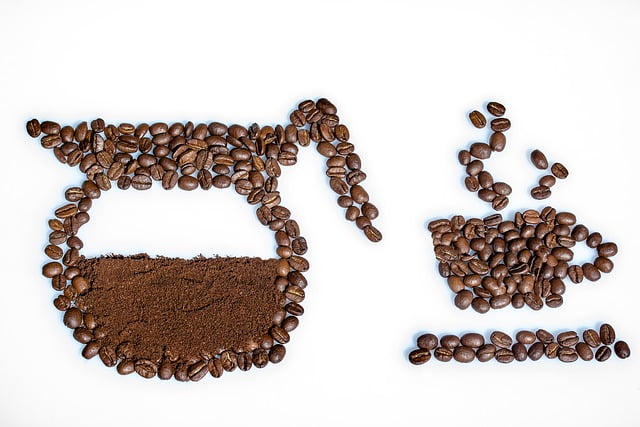Caffeine is a stimulant commonly consumed in coffee, tea, energy drinks, and supplements. Many people use caffeine before working out to improve their performance and endurance.
Here is an overview of the research on caffeine and exercise:

- Increased endurance: Caffeine has been shown to increase endurance during endurance exercises, such as running and cycling. It does so by increasing fat as a fuel source, which can spare glycogen and delay fatigue.
- Improved power and strength: Caffeine has also been shown to improve power and strength in resistance exercises, such as weightlifting.
- Increased focus and alertness: Caffeine can improve mental focus and alertness, which can be beneficial during a workout.
- Enhanced fat burning: Caffeine may also increase the use of fat as a fuel source, which can lead to greater fat burning during exercise.
- Recommended Dosage: The recommended dose of caffeine for performance enhancement is 3-6 mg/kg of body weight, consumed 30-60 minutes before exercise.
Keep in mind that caffeine can have different effects on different people, and some people may be more sensitive to its effects than others. It’s also important to be aware of the potential side effects of caffeine, such as jitteriness, anxiety, and insomnia, and to speak with a healthcare professional before taking caffeine supplements. Additionally, it’s essential to stay hydrated when consuming caffeine and to avoid consuming large amounts of caffeine close to bedtime.
Sources of caffeine
- Caffeine is a naturally occurring stimulant found in various foods and beverages. Here are some of the most common sources of caffeine:
- Coffee: One of the most popular sources of caffeine, coffee beans contain between 95-200 milligrams per 8-ounce cup.
- Tea: Both black and green teas contain caffeine, averaging 47 milligrams per 8-ounce cup.
- Energy drinks: Energy drinks such as Red Bull, Monster, and Rockstar contain high levels of caffeine, typically between 80-100 milligrams per serving.
- Soft drinks: Many soft drinks, such as Coca-Cola and Pepsi, contain caffeine, with an average of 34 milligrams per 12-ounce can.
- Chocolate: Caffeine is also found in chocolate, with an average of 5-35 milligrams per ounce of dark chocolate and 2-7 milligrams per ounce of milk chocolate.
- Medications: Some over-the-counter medications, such as pain relievers and cold remedies, contain caffeine.
- Supplements: Caffeine is also available in the form of supplements, either alone or in combination with other ingredients.
It’s necessary to be aware of the sources of caffeine in your diet and to monitor your intake to avoid consuming too much, which can lead to negative side effects such as jitteriness, anxiety, and insomnia. Speaking with a healthcare professional before taking caffeine supplements is also essential.






One Comment